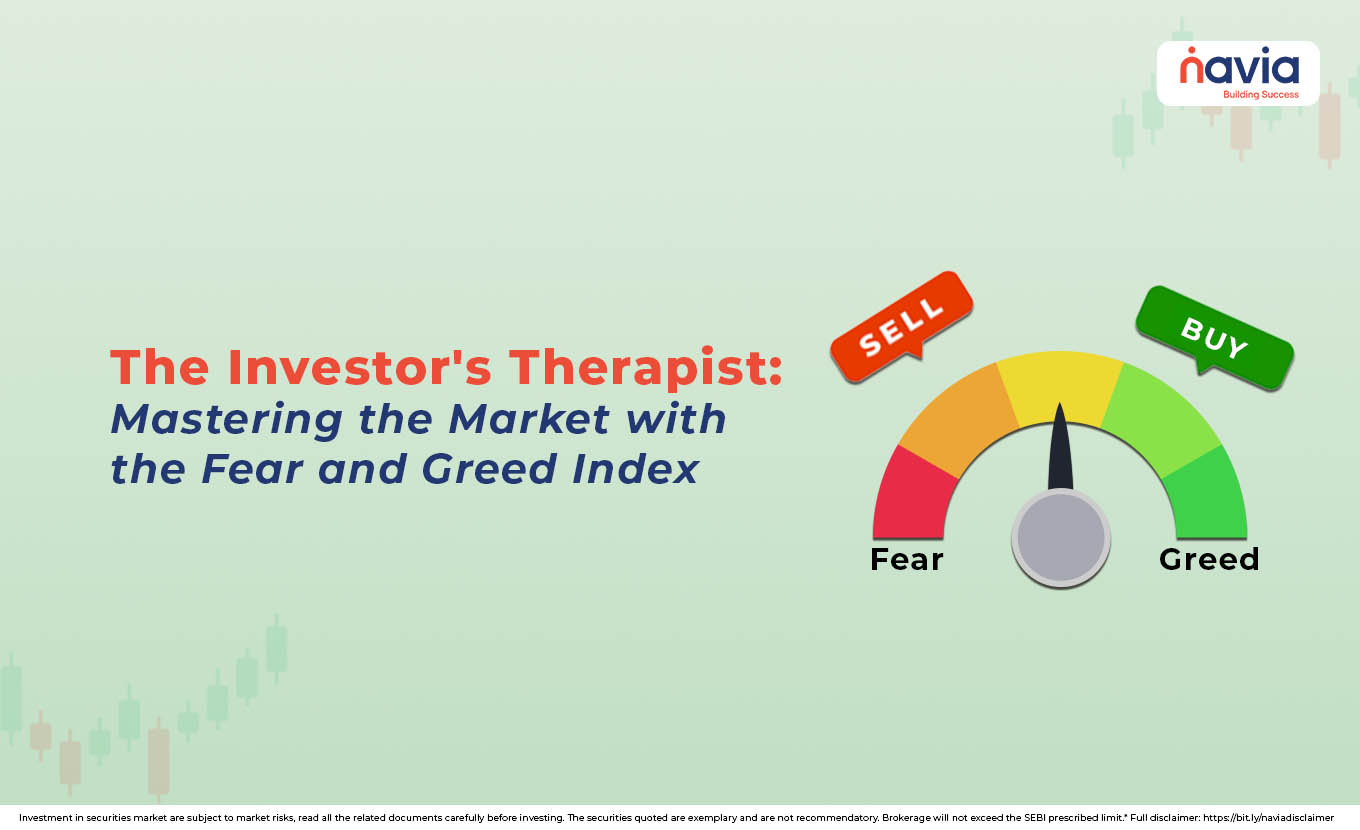Timeless Investment Wisdom for India’s Young Investors

The face of India’s investing community is getting younger. The median age of Indian investors has dropped to 32 years, a stark change from the mid-40s it was about a decade ago. This generational shift signals an exciting evolution: young, tech-savvy Indians are stepping into the financial markets earlier than ever. Armed with smartphones, digital platforms, and a wealth of information at their fingertips, these investors are reshaping the landscape of wealth creation in the country. While the enthusiasm to invest is commendable, the principles of sound investing remain timeless. For young Indian investors navigating this exciting world, here’s some enduring wisdom to help make informed decisions and achieve long-term financial success.
1. Start Early, Compounding Is Your Best Friend
One of the most powerful tools in investing is compound interest, where your returns earn further returns over time. The earlier you start, the longer your money has to grow. Even small amounts invested in your 20s can significantly outpace larger investments made later in life.
Example:
If you invest ₹5,000 monthly at a 12% annual return starting at age 25, you could accumulate nearly ₹1.7 crore by the age of 50. Wait until 35, and the same investment grows to just ₹54 lakh.
Lesson: Start now. Time in the market is more valuable than timing the market.
2. Avoid Herd Mentality
Social media and peer pressure often lead young investors to chase “hot stocks” or popular trends. While it’s tempting to follow the crowd, it can result in overpaying for assets or investing in bubbles.
Instead: Base your decisions on research, fundamentals, and long-term goals. Trends are fleeting, but sound investments stand the test of time.
3. Diversification Is Key
Young investors often take on excessive risk by putting all their money into a single stock, cryptocurrency, or sector. While risk can lead to rewards, it can also lead to substantial losses.
Diversify your investments across asset classes (equity, debt, gold, real estate) and sectors (technology, healthcare, manufacturing). This spreads risk and ensures your portfolio is better insulated from market volatility.
4. Be Patient and Disciplined
The Indian markets, like all markets, experience cycles of highs and lows. Panic during a downturn can lead to impulsive decisions, such as selling at a loss. Similarly, overconfidence during bull runs can lead to risky bets.
Patience is the hallmark of successful investors. Stick to your financial plan and avoid letting emotions dictate your actions.
5. Educate Yourself Constantly
The younger generation has unprecedented access to information, but not all sources are credible. Invest time in understanding basic financial concepts like inflation, diversification, and risk-reward ratios.
- Follow trusted financial blogs.
Tip: Knowledge is your greatest ally. An informed investor is less likely to fall prey to speculation or scams.
6. Focus on Goals, Not Just Returns
Investing is not just about making money but aligning your investments with your financial goals. Whether it’s buying a house, planning for a child’s education, or retiring early, having clear goals will help you choose the right investments.
Action: Use SIPs (Systematic Investment Plans) in mutual funds to align with long-term goals while managing short-term risks.
7. Emergency Fund and Insurance Are Non-Negotiable
Before diving into investments, ensure you have a robust financial safety net:
1. Emergency Fund: Cover at least 6 months’ worth of expenses.
2 Insurance: Life and health insurance protect against unexpected financial setbacks.

Conclusion
The fact that the median age of Indian investors has dropped to 32 years speaks volumes about the growing financial awareness among young Indians. However, with youth and enthusiasm must come discipline and strategic planning. By starting early, diversifying, staying informed, and maintaining a long-term perspective, young investors can set themselves up for a financially secure future. Remember, the principles of sound investing are timeless—and when followed, they pave the way for enduring wealth and success.
Do You Find This Interesting?
DISCLAIMER: Investments in the securities market are subject to market risks, read all the related documents carefully before investing. The securities quoted are exemplary and are not recommendatory. Brokerage will not exceed the SEBI prescribed limit.






